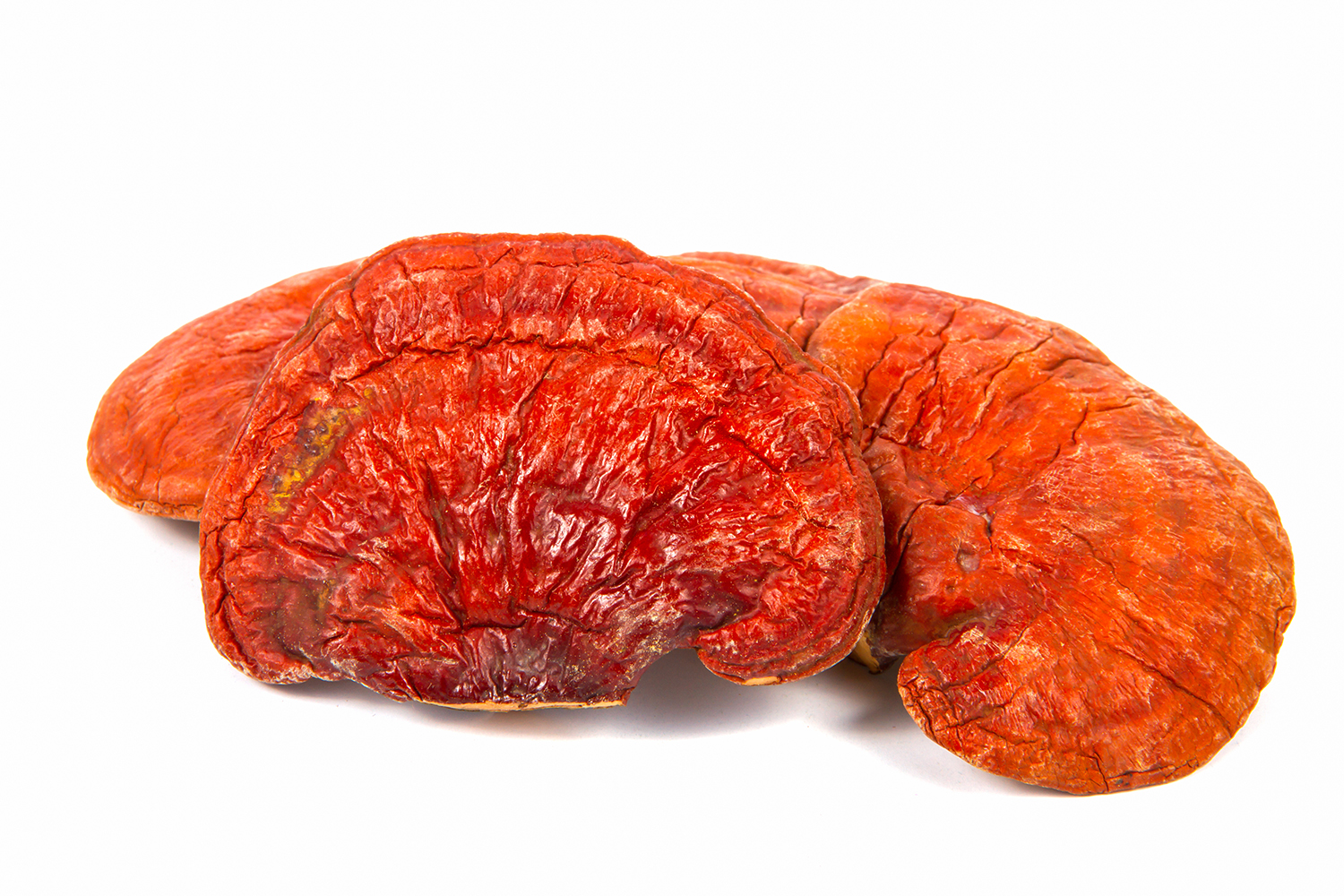New research is showing that, among its many health benefits, ashwagandha offers some long-lasting cognitive benefits.
This ancient herb has been long known for its ability to fight stress and to improve mood. In addition, researchers are now finding that its brain-boosting abilities are even more extensive… This includes its ability to support memory and intellect, and its effect on neurological diseases – like Alzheimer’s and Parkinson’s.
Learn more about how ashwagandha helps to maintain and protect your brain…
Supporting memory and intellect
In Ayurvedic tradition, ashwagandha is historically known as a medhya rasayana – an herb that supports long life and specifically helps the mind and mental capacity. Like all types of ginseng, ashwagandha (called Indian gingseng) has neuroprotective qualities. It’s been used as a medicinal herb to treat the body and mind for over 3,000 years.
Today, research is supporting this reputation. Studies have found that Ashwagandha improves memory, increases spatial and visual memory, decreases oxidative brain stress, and helps prevent nerve cell degeneration.1 The cognition-promoting effects are seen in children with memory deficits, in those with memory deficits following head injury, after prolonged illness, or in old age.2
Defending against neurodegenerative diseases
Studies are also exploring the effect of this ancient herb on neurodegenerative diseases – such as Parkinson’s, Huntington’s, and Alzheimer’s diseases. Research shows that ashwagandha slows, stops, and even reverses neurological decline. This includes defending against the neuritic atrophy and synaptic loss that is a part of each of these diseases. One major study reports that Withanolide A (the active ingredient in ashwagandha) successfully “recovered both neuritic atrophy and synaptic loss.”3
The fact that ashwagandha can reverse or remove such atrophy and loss is especially interesting. This means that it can treat Alzheimer’s, Parkinson’s, Huntington’s and other neurodegenerative diseases at any stage of the disease. That ranges from pretreament, before an official diagnosis is made, to ongoing treatment, after degeneration has occurred.
In addition, the antioxidant qualities of ashwagandha help to prevent brain cell damage. This supports and maintains our brains throughout life and particularly as we age.
With more studies underway, ashwagandha shows great promise as a powerful support of brain and cognitive function.
COMING SOON – Want to learn more? Get a FREE copy of our exclusive eBook Ashwagandha: The 2,000-Year-Old Ayurvedic Herb Backed By Modern Science, and learn about the many powerful benefits of this ancient herb.
References
- http://www.ncbi.nlm.nih.gov/pubmed/15082018
- http://www.ncbi.nlm.nih.gov/pmc/articles/PMC3252722
- http://www.ncbi.nlm.nih.gov/pmc/articles/PMC1576076
Disclaimer: Despite the references provided, the information on this site is intended for educational purposes only. It is not meant to cover all possible precautions, drug interactions, circumstances or adverse effects. Please refer for advise and treatment by a licensed physician.










